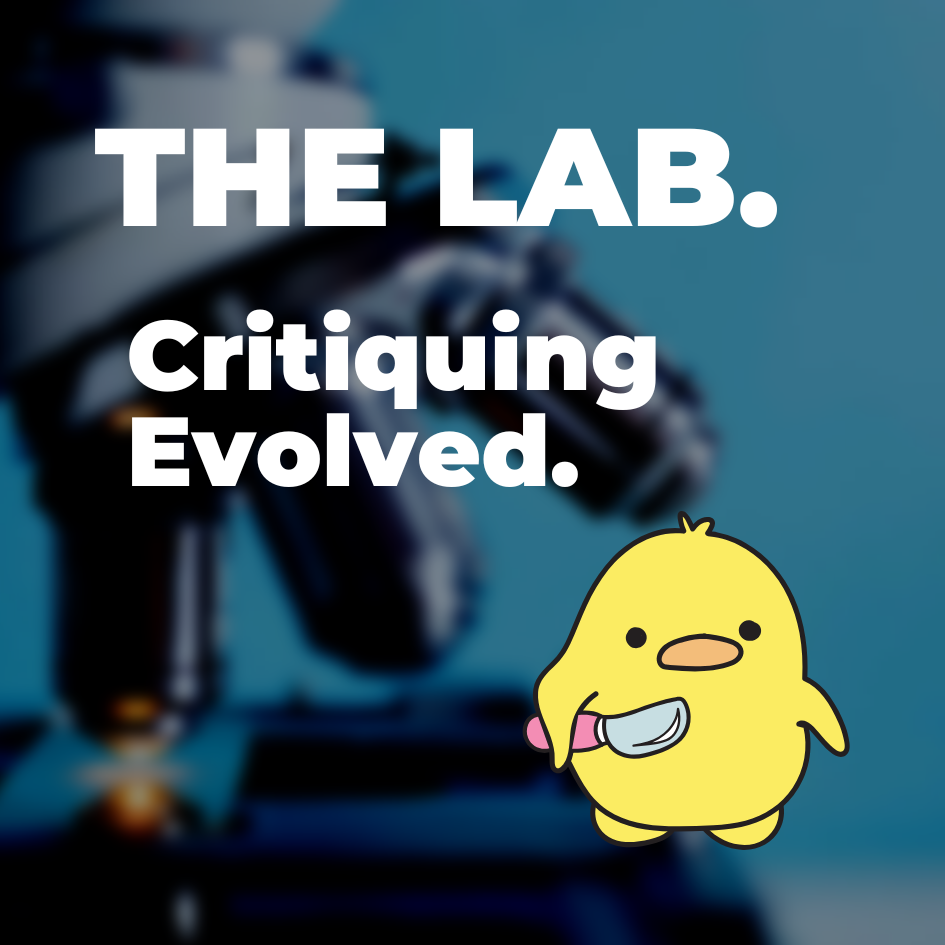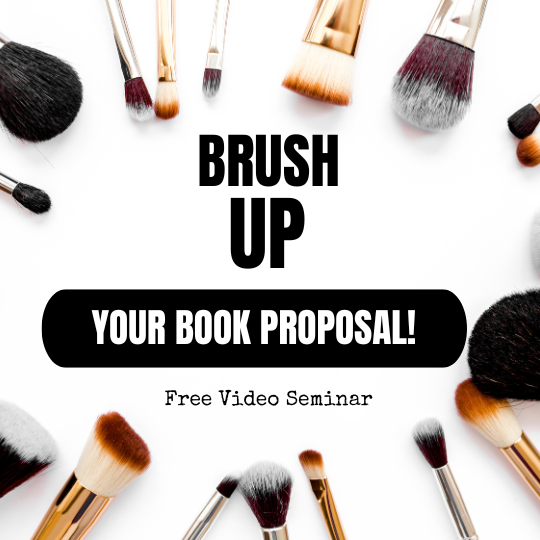Carol Rose
Basic
Point of View
Point of view (POV) is not the same as voice, although you may see it referred to as voice. But for our purposes, voice refers to that distinct quality and syntax of writing that is unique to each author. There's a Writing Wiki post that further explains this HERE.
We also sometimes see voice used to describe grammar, as in passive voice or active voice. Again, for our purposes, when we talk about passive versus active verbs in writing, we will refer to them as verb tenses, not voice.
POV refers to the perspective of who is telling the story. It's the person's head we're in when we're reading.
Again, the POV terms are sometimes used differently, but for our purposes I'm going to label them one way and give definitions, just to keep things clear for us. I'm also going to use the same scene for each POV example to illustrate the differences when reading it. This scene is from the first chapter of His Majesty's Secret, a book published under my Carolyn Rosewood pen name by Siren-BookStrand. It's written in third person POV, alternating between the heroine's and hero's POV.
Keep in mind as you read the scene transcribed into each POV, that the original opening scene was written in the heroine's POV. Ravenna is fleeing her homeland into another kingdom. One which is not an ally of the kingdom where she was born. She's close to the castle and has been spotted in the woods by a couple of Castle Guards. In Ravenna's world, women have no rights and it's definitely not safe for them to travel alone, especially in a hostile kingdom.
OMNISCIENT POV. This is a story told from a narrator's POV, but the narrator is not a character in that story. Rather, they are an unseen, all-knowing story teller looking down on the action. They can see everything that each character is doing, and are able to tell the reader each character's thoughts. Sometimes writers will take the approach of limiting the omniscient POV to only a few characters, per chapter or per scene.
The downside to using this POV is that it creates distance between the reader and the characters, because we are never squarely in one person's head during any part of the story. Using a limited omniscient POV can soften this a bit, but because the story teller is still a narrator as opposed to a character, readers can often have a difficult time getting a sense of being there with that character as the story unfolds.
This POV is usually written in past tense, and this refers to the verb tenses used. It could probably be written in present tense if the author wanted to experiment and see how it came out, but I'm not going to try it here.
Remember: the scene we're going to use for each example was originally written in third person, past tense, and this particular scene was told from Ravenna's POV. When I illustrate the differences between writing in past or present tense for each POV (where we're doing that) I'll change the scene to reflect that.
The Guards explored the ground near the fir tree. “I know what I saw,” said the taller one. “Someone was here.”
The other man bent down and examined the loam. “Boot prints. But it has not rained for several days. They could be old.”
“Then how do you explain the glint of metal?” asked the first one.
Ravenna glanced around for a higher branch. Her skirt caught on a twig as she pulled herself to a higher position. When she tried to disengage the fabric her pack slipped. She caught it before it fell from the tree, but both Guards whirled around at the noise.
They sprinted toward the tree, the heavier one scanning straight ahead while the taller man glanced upward. He spotted her first and motioned for his companion. Both men stared at her, their faces full of disbelief. “Come down from there, lad.”
Ravenna wore a dress. How could they mistake her for a boy?
“I said come down from there. Who are you? Why are you hiding in trees?"
Then the other one realized how she was dressed. “Tis a lass,” he said softly.
This scene, written in omniscient POV, is very dry. We don't have anything in the way of motivation, feelings, or internal thoughts of the heroine. It's very matter of fact.
Now, that isn't to say the author can't add other elements in there, but then the line between omniscient POV and third person POV would become thin. Writers often don't understand this and try to write in third person POV, but it comes out as this example instead. When we get to the third person POV example, you'll see how the emotion and internal struggles have been added in to give this scene depth and character substance.
You probably also noted the head-hopping. Head-hopping is when we're not squarely in one character's head for the entire scene or chapter, but rather the writer hops back and forth between POVs. When this is done with great skill (and I'm talking only a few writers can truly pull this off), it does work, but when it's done poorly, it confusing for the reader. Remember, we're trying to ground our readers in the Who, What, When, Where, and Why. If we're hopping back and forth between POVs and characters' heads, that grounding is more difficult to accomplish.
SECOND PERSON POV used to rarely be seen, but it's becoming more popular, especially in certain genres. In this instance, YOU is the character. This solves the issue of distance, but can be awkward to read and difficult to write. Because I chose the YOU in this scene to be one of the guards, we have nothing of Ravenna's thoughts, feelings, or actions until both Guards spot her.
Here's the scene in second person, past tense POV.
Your companion explored the ground near the fir tree. “I know what I saw,” he said. “Someone was here.”
You bent down and examined the loam. “Boot prints. But it has not rained for several days. They could be old.”
“Then how do you explain the glint of metal?”
You heard a noise and both you and your companion whirled around and sprinted toward the tree from which the noise had come. Your companion fixed his gaze straight ahead while you glanced upward, spotting a lad hiding in the tree. “Come down from there, lad.”
He didn't respond. “I said come down from there," you repeated. "Who are you? Why are you hiding in trees?"
Your companion grinned, and it was then you realized the lad wasn't a lad at all. Not unless lads had suddenly started wearing dresses.
“Tis a lass,” your companion said softly.
A bit more interesting than reading the omniscient POV, but like first person POV, we only have one person's POV. It's also more difficult to write, but I suspect that's because we're not used to writing that way. I thought about writing this from Ravenna's POV for illustration, instead of one of the Guards, but she'd be watching them as an observer and I didn't think it would be as interesting.
To re-write this in second person, present tense, we need only change the verb tenses.
Your companion explores the ground near the fir tree. “I know what I saw,” he says. “Someone was here.”
You bend down and examine the loam. “Boot prints. But it has not rained for several days. They could be old.”
“Then how do you explain the glint of metal?”
You hear a noise and both you and your companion whirl around and sprint toward the tree from which the noise came. Your companion fixes his gaze straight ahead while you glance upward, spotting a lad hiding in the tree. “Come down from there, lad.”
He doesn't respond. “I said come down from there," you repeat. "Who are you? Why are you hiding in trees?"
Your companion grins, and it's then you realize the lad isn't a lad at all. Not unless lads have suddenly started wearing dresses.
“Tis a lass,” your companion says softly.
FIRST PERSON POV is popular in fiction. The character is one person in the story. Sometimes, a writer will switch POVs and tell the story in first person from more than one main character, but this can become confusing to readers if the writer is not careful. While this does solve the problem of distance, and provides immediacy and intimacy to the writing, it's limiting in that the writer must be skilled to provide a reader with the other characters' thoughts and feelings when using only one person's POV for the entire story.
This is the scene written in first person, past tense POV:
The Guards explored the ground near the fir tree. “I know what I saw,” said the taller one. “Someone was here.”
The other man bent down and examined the loam. “Boot prints. But it has not rained for several days. They could be old.”
“Then how do you explain the glint of metal?”
Oh stars of Rohesia. One hour from the portal and I'd suddenly grown careless? Not acceptable. Cursing myself for not being more diligent, I glanced around for a higher branch. Perhaps if I moved slowly they wouldn’t hear my ascent.
My skirt caught on a twig as I pulled myself to a higher position. When I tried to disengage the fabric my pack slipped. I caught it before it fell from the tree, but both Guards whirled around at the noise.
They sprinted toward the tree, the heavier one scanning straight ahead while the taller man glanced upward. He spotted me first and motioned for his companion. Both men stared at me, their faces full of disbelief. “Come down from there, lad.”
Lad? He must have poor eyesight if he couldn’t see I wore a dress.
“I said come down from there. Who are you? Why are you hiding in trees?"
My stomach contracted in pain as he tilted his head, his lips drawing back in a lecherous grin. Apparently I wouldn’t have to wait to descend the tree to reveal my gender.
“Tis a lass,” he said softly.
As you'll see when we get to third person, the only thing that changes from that POV is the pronouns. You, as a reader, will have to decide if this gives you a more immediate feel as you read it, as opposed to reading the same scene in first person. In both, you're squarely in Ravenna's head, seeing what she's seeing, hearing what she's hearing, and feeling what she's feeling.
Here is the same scene in first person, present tense. Again, all we change are the verb tenses.
The Guards explore the ground near the fir tree. “I know what I saw,” says the taller one. “Someone was here.”
The other man bends down and examines the loam. “Boot prints. But it has not rained for several days. They could be old.”
“Then how do you explain the glint of metal?”
Oh stars of Rohesia. One hour from the portal and I have suddenly grown careless? Not acceptable. Cursing myself for not being more diligent, I glance around for a higher branch. Perhaps if I move slowly they won’t hear my ascent.
My skirt catches on a twig as I pull myself to a higher position. When I try to disengage the fabric my pack slips. I catch it before it falls from the tree, but both Guards whirl around at the noise.
They sprint toward the tree, the heavier one scanning straight ahead while the taller man glances upward. He spots me first and motions for his companion. Both men stare at me, their faces full of disbelief. “Come down from there, lad.”
Lad? He must have poor eyesight if he can't see I'm wearing a dress.
“I said come down from there. Who are you? Why are you hiding in trees?"
My stomach contracts in pain as he tilts his head, his lips drawing back in a lecherous grin. Apparently I won’t have to wait to descend the tree to reveal my gender.
“Tis a lass,” he says softly.
Personally, I like present tense better when writing in first person POV, because I feel the immediacy more. I'm right there as it's happening. But some readers really dislike reading this particular POV. This is all very subjective, so you may have to play around with POVs to get the one you as the writer feel is best for your story.
THIRD PERSON POV is also popular in fiction. It's told from the POV of more than one character at a time. This is where you will find pronouns used - she, he, hers, his - in place of "I" statements or "you". When written correctly, sometimes called deep third or close third, it can achieve the same immediacy and intimacy as first person. This is usually told in past tense, as opposed to present tense. The advantage is that the writer can tell the story from more than two POVs if needed, and still achieve the same effects as if writing it in first person POV, but without the confusion that sometimes occurs using first person POV for more than one character in a story.
We're only going to see this scene in third person, past tense POV. And this is how it's actually written in the published book.
The Guards explored the ground near the fir tree. “I know what I saw,” said the taller one. “Someone was here.”
The other man bent down and examined the loam. “Boot prints. But it has not rained for several days. They could be old.”
“Then how do you explain the glint of metal?”
Oh stars of Rohesia. One hour from the portal and she’d suddenly grown careless? Not acceptable. Cursing herself for not being more diligent, she glanced around for a higher branch. Perhaps if she moved slowly they wouldn’t hear her ascent.
Her skirt caught on a twig as she pulled herself to a higher position. When she tried to disengage the fabric her pack slipped. She caught it before it fell from the tree, but both Guards whirled around at the noise.
They sprinted toward the tree, the heavier one scanning straight ahead while the taller man glanced upward. He spotted her first and motioned for his companion. Both men stared at her, their faces full of disbelief. “Come down from there, lad.”
Lad? He must have poor eyesight if he couldn’t see she wore a dress.
“I said come down from there. Who are you? Why are you hiding in trees?"
Ravenna’s stomach contracted in pain as he tilted his head, his lips drawing back in a lecherous grin. Apparently she wouldn’t have to wait to descend the tree to reveal her gender.
“Tis a lass,” he said softly.
Not much different than the first person, past tense POV. As I said, you as a reader have to decide which POV you like reading and writing better.
I know readers who refuse to read a book written in a particular POV. There's no way to anticipate this, just as there's no way to please every single potential reader out there. I'd suggest getting a feel for what's currently selling in your chosen genre. Take a look at what others are publishing, and which POVs seem most popular. Then play around. Experiment with scenes, just as we did here.
Okay! That's it! Now let's talk about it.




